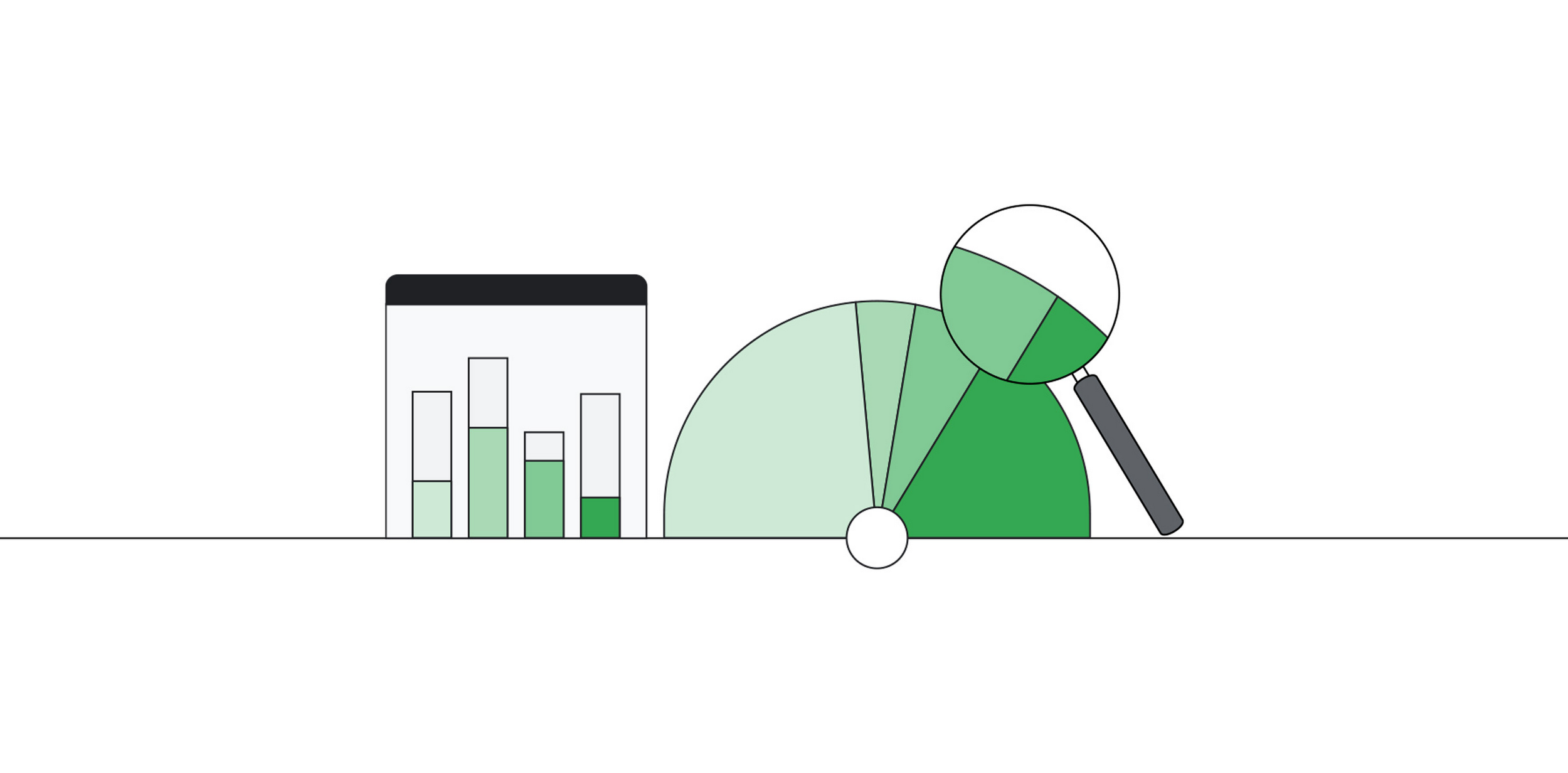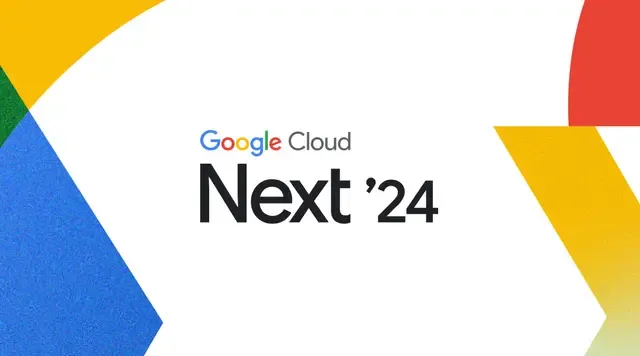Google Cloud Enhances Databases with AI Power for the Age of Data and Intelligence
TL;DR;
Google Cloud is making waves at its Cloud Next conference in Tokyo by injecting its database lineup with some serious AI muscle. Spanner, their globally distributed SQL database, now boasts graph and vector search capabilities, perfect for tapping into the power of generative AI. Bigtable, their NoSQL workhorse for massive datasets, gets a dose of SQL compatibility, making it more developer-friendly. They're even welcoming Oracle databases into the fold, allowing users to run Oracle Exadata and Autonomous databases directly within Google Cloud.
Supercharging Databases with AI for the Modern Data Landscape
In a world swimming in data, Google Cloud is laser-focused on making that data work harder with AI. Their revamped database offerings are designed to help businesses navigate the sea of information and unlock the potential of generative AI.
The tech giant recognizes that while enterprises are hyped about generative AI, a lot of their data is sitting idle, locked away in silos. To unleash the true power of AI, Google Cloud emphasizes the need to break down these data barriers. Their goal is to create a unified, "multimodal" data platform that brings together structured and unstructured data, catering to the appetites of hungry AI models.
Spanner: From Robust SQL to AI Powerhouse
Spanner, the backbone of Google's own services like Search, Gmail, and YouTube, is getting a serious upgrade. It's not just about handling massive data volumes anymore; it's about making that data AI-ready.
Enter graph and vector databases, crucial for bridging the gap between traditional data and AI applications. Google Cloud is adding these capabilities to Spanner, allowing businesses to leverage the power of Retrieval Augmented Generation (RAG) to enhance their AI applications.
But wait, there's more! Spanner is also getting full-text and vector search capabilities, powered by Google's own ScaNN algorithm. These additions transform Spanner into a versatile, multi-model database, ready to tackle the demands of AI-driven applications.
Bigtable Embraces SQL for Developer Joy
Bigtable, Google Cloud's NoSQL database for handling massive amounts of unstructured data, is getting a developer-friendly makeover with the addition of SQL support. No more wrestling with complex APIs; now developers can query Bigtable using familiar SQL commands.
This move significantly lowers the barrier to entry for developers looking to harness the power of Bigtable. With support for around 100 SQL functions, Bigtable becomes a more accessible and versatile tool for managing and analyzing data at scale.
Oracle Finds a Home in Google Cloud
In a move that might surprise some, Google Cloud is opening its doors to Oracle databases. Oracle users can now host their Exadata and Autonomous databases directly within Google's data centers, enjoying a seamless experience.
This strategic move allows Google Cloud to attract Oracle users and expand its customer base. For Oracle, it ensures that their customers continue paying licensing fees, even while using Google's infrastructure.
A Data Ecosystem for the Future
These updates to Google Cloud's database offerings highlight their commitment to creating a comprehensive data ecosystem. By integrating AI capabilities, enhancing developer accessibility, and embracing partnerships, Google Cloud is positioning itself as a leader in the evolving data landscape.

Related content

Realidad sobre la Privacidad en Latam: entre el copy-paste europeo y la sumisión a EEUU
La protección de datos solo tiene sentido si pone límites reales al poder, ya sea el de una multinacional que quiere predecir tus compras o el de un gobierno que quiere mapear tus protestas. La justicia digital no es un lujo de primer mundo; es una necesidad básica para sobrevivir al siglo XXI.
Read the full post →

Atención: La amenaza de la DMCA en Chile para la libertad tecnológica y la criminalización de la innovación
Una amenaza real para personas y empresas Imagina que compras un servidor para tu startup por 5 millones de pesos. El fabricante decide que el soporte termina en dos años y lanza un parche que "brickea" (deja como un ladrillo) el hardware si no pagas una licencia anual


